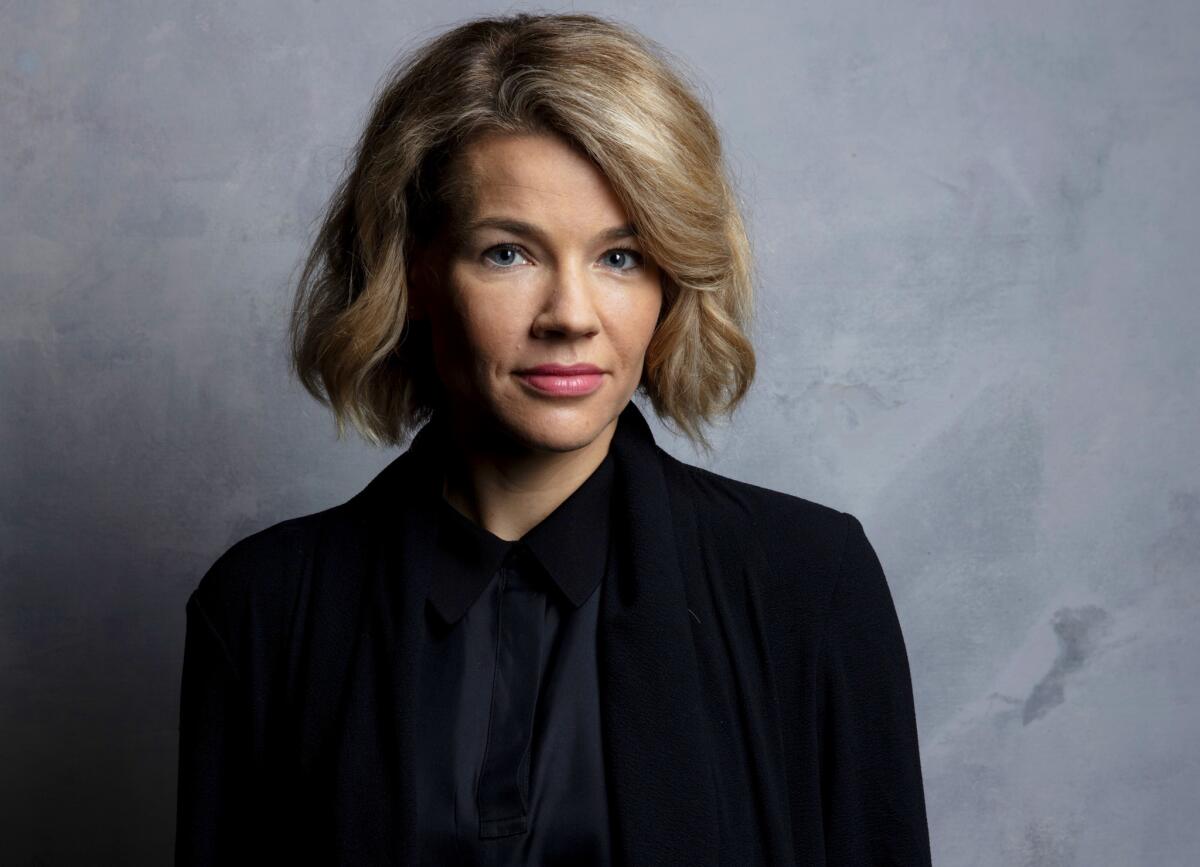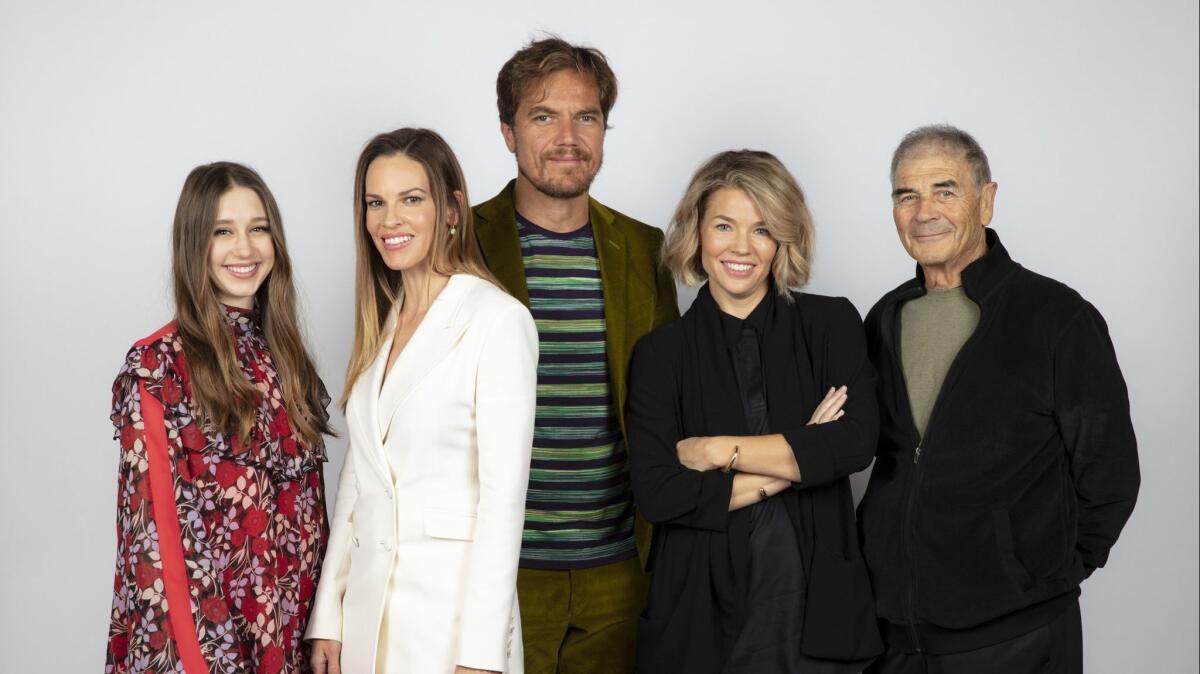When tragedy strikes, it becomes clear ‘memories are not to be taken for granted’

- Share via
I wrote “What They Had” because I had to.
There was nothing calculated in it, and if I had any conscious awareness of this moment, with the film completed and out to the world, I would not have been able to do it. I had to write it because the realization that it had to be written was so sudden and deafening that I looked around, certain everybody else had heard it too.
I’ve written as long as I can remember — written to understand, to work things out, to find meaning and order in things that are meaningless and unorderly. On the best days it felt as though I was not doing the writing, that it came from someplace else. Writing was a personal relationship and I was afraid that if I did not protect that, keep it private, I would lose it.

I have thought a lot about where “What They Had” came from — how much of it was that someplace else, and how much came out of grief, the power of denial, the way your brain can short-circuit to make you think you have control. Or whether those two are actually the same thing.
Part of it was being the eldest grandchild, the injection of hope your birth is to the family and the duty it gives you to fix everything. And part of it was memory loss, how it taught me that memories were not something I should be taking for granted.
We lost my grandparents — the matriarch and patriarch of my mother’s family — too soon, her slowly to Alzheimer’s disease and him swiftly to a broken heart. They were profoundly good people, devout Catholics, deeply loyal to God and Midwestern moralities and each other.
FULL COVERAGE: Get the latest on awards season from The Envelope »
I was devastated to lose them, and by the unfairness and lack of order in the whole thing. In the middle of it all, it suddenly struck me that somebody was supposed to write about this. I looked around, wondering who that somebody was. Six months later, it occurred to me that perhaps that somebody was me.
I wrote the first draft quickly. I wrote it for me and my mother and her brothers. I could not write her Alzheimer’s without writing how hard it was on the rest of us. It has this way of unsettling you. It can be shockingly hilarious one moment and then turn into something so haunting it takes your breath away. There is no solution, no good answer, but you wait anyway, holding out hope, especially if you’ve been told all your life that God is good.
And watching someone you love lose their memory has a way of stirring up your own.
I wrote many, many drafts over the next several years; I got feedback and researched and spent hours on the phone with my mother. Each rewrite was time-traveling; with each draft I’d let a piece of them go. As it blurred into fiction it also blurred what was personal, stirring up other memories, other griefs.
The two siblings in the script, warring about the right way to parent their parents, became two voices in my head — one afraid to disrupt, the other the fearless disruptor urging me to have courage. Because this was not something I could put away and move on from. This was meant to be shared.
I cannot say I’m entirely comfortable in this moment, with the film out in the world. But it was a great privilege to process grief at my own pace, to make something beautiful out of something tragic, to do so with such gifted collaborators.
It was a privilege to honor my family this way. The film closes with a song written by my mother and I and Aoife O’Donovan, inspired by my grandmother, who battled Alzheimer’s for 17 years and passed away in June.
And there is an unexpected trade-off in being so vulnerable. It prompts vulnerability in others. It has never been more clear to me how alike we all are.
That alone is worth the exchange.
More to Read
From the Oscars to the Emmys.
Get the Envelope newsletter for exclusive awards season coverage, behind-the-scenes stories from the Envelope podcast and columnist Glenn Whipp’s must-read analysis.
You may occasionally receive promotional content from the Los Angeles Times.










